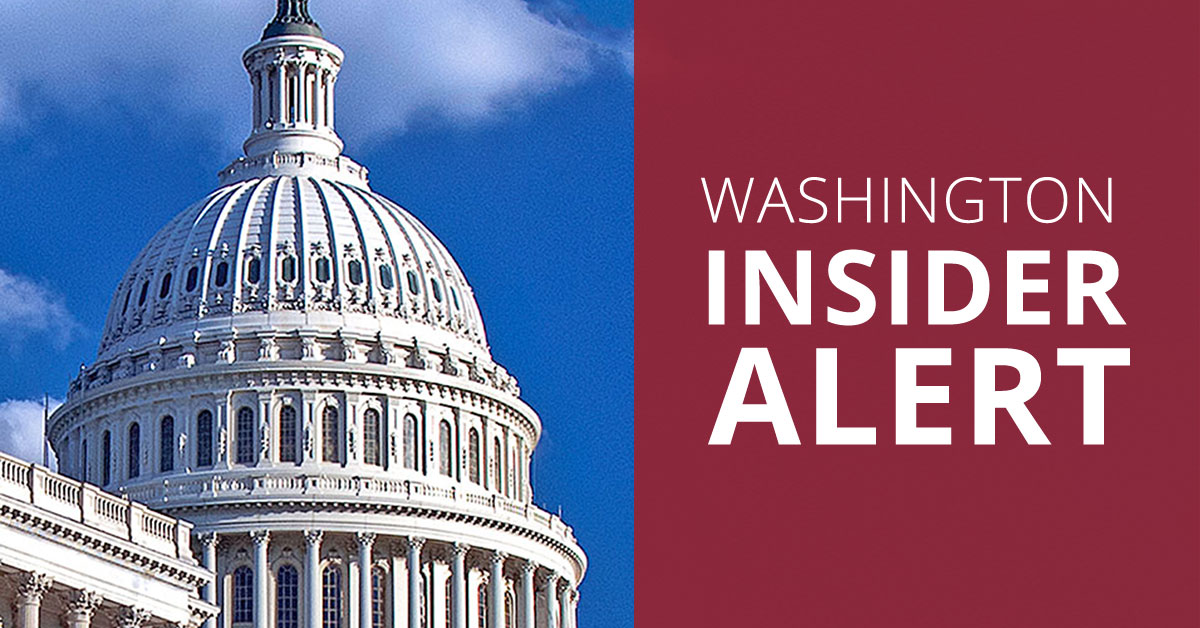We got great news yesterday: In a suit we brought with Democracy Forward, the AFT, and other allies in the labor movement, a district court in Massachusetts issued a preliminary injunction halting the Trump administration’s unlawful effort to dismantle the Department of Education.
The massive reduction in force proposed by the administration would decimate crucial services the department provides to families across the country, severely limit access to education, and eviscerate funding for HBCUs and tribal colleges.
We can’t do this work without your support. Will you become a member or make a donation to the AAUP Foundation today?
Here’s some background on the case. In March, after having repeatedly expressed a desire to eliminate the Department of Education, the Trump administration announced a reduction in force that would cut its staff in half. Recognizing that the department was created by an act of Congress and was mandated to carry out a number of statutorily required programs, the administration claimed that it was not trying to eliminate the department but rather was seeking to improve “efficiency” and “accountability.”
The court definitively rejected this claim, saying that the “defendants’ true intention is to effectively dismantle the Department without an authorizing statute. . . . A department without enough employees to perform statutorily mandated functions is not a department at all. This court cannot be asked to cover its eyes while the Department’s employees are continuously fired and units are transferred out until the Department becomes a shell of itself.”
The court also highlighted the impact of the cuts on students, educational institutions, and unions. For example, the court found that “higher education is also likely to become more expensive for students” as the staffing cuts “will put federal funding for Pell grants, work-study programs and subsidized loans at risk, reducing the pool of students able to attend college and posing an existential threat to many state university systems such as those intended to serve first generation college students.”
The court found that the administration had violated two clauses of the US Constitution, and that its actions were beyond its authority as well as arbitrary and capricious. Therefore, the court issued a preliminary injunction requiring the department to reinstate staff and resume operations disrupted by the cuts.
Perhaps because of skepticism about the administration’s willingness to follow directives of the judiciary, the court specifically required that the administration provide notice of this order of preliminary injunction within twenty-four hours to all its officers, and that it “file a status report with this Court within 72 hours of the entry of this Order, describing all steps the Agency Defendants have taken to comply with this Order, and every week thereafter until the Department is restored to the status quo prior to January 20, 2025.”
What’s next: It is almost certain that the administration will appeal this decision and will likely seek to have the preliminary injunction stayed by the court of appeals while the case is pending.
Trump’s agenda is a clear path to setting America back in quality and fairness in education. The AAUP will continue to stand up against these attacks and fight for a higher education system that serves all Americans. We can’t do it without you.
Please join us as a member or make a donation today!
In solidarity,
Todd Wolfson, AAUP President
Veena Dubal, AAUP General Counsel



